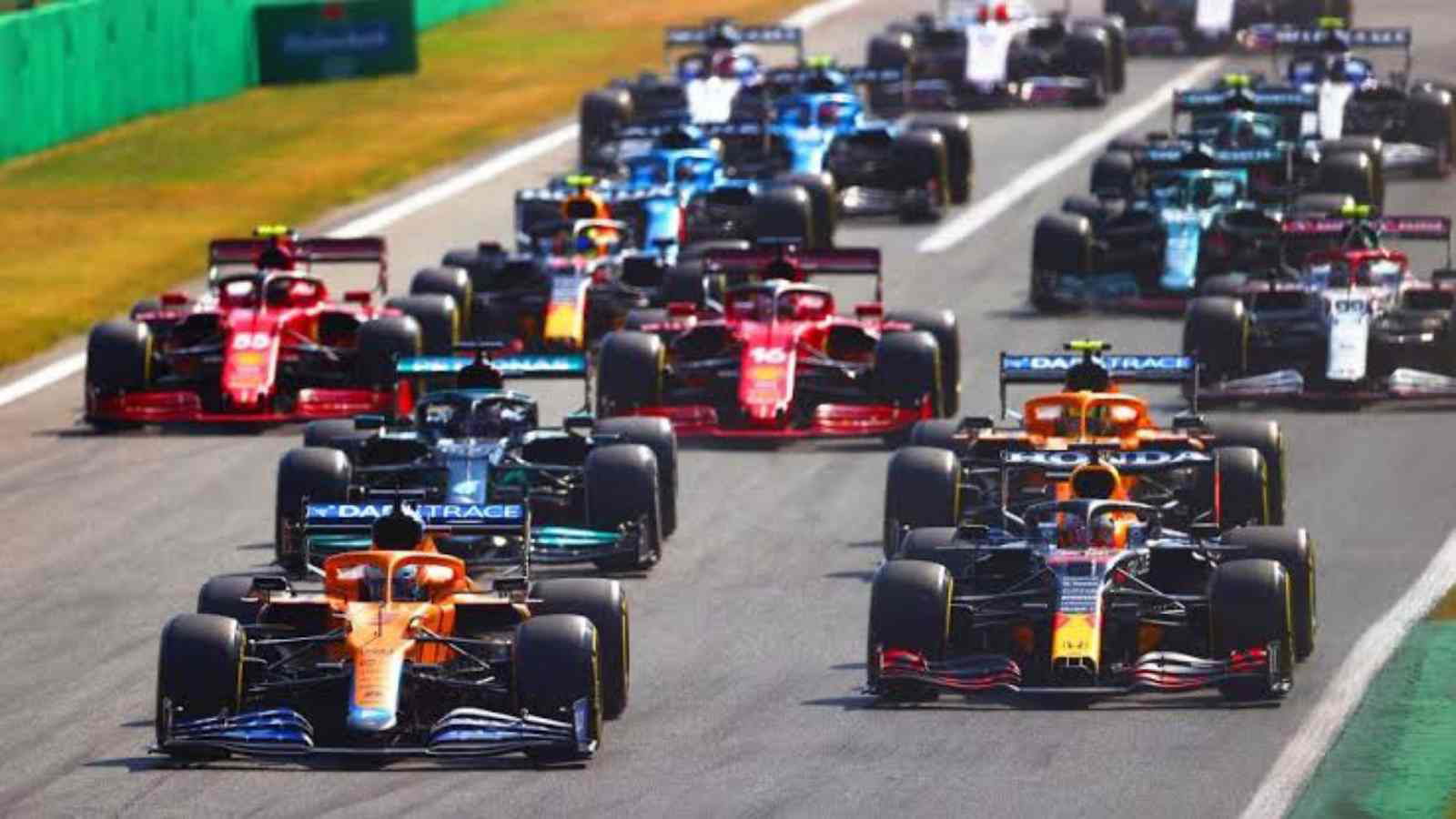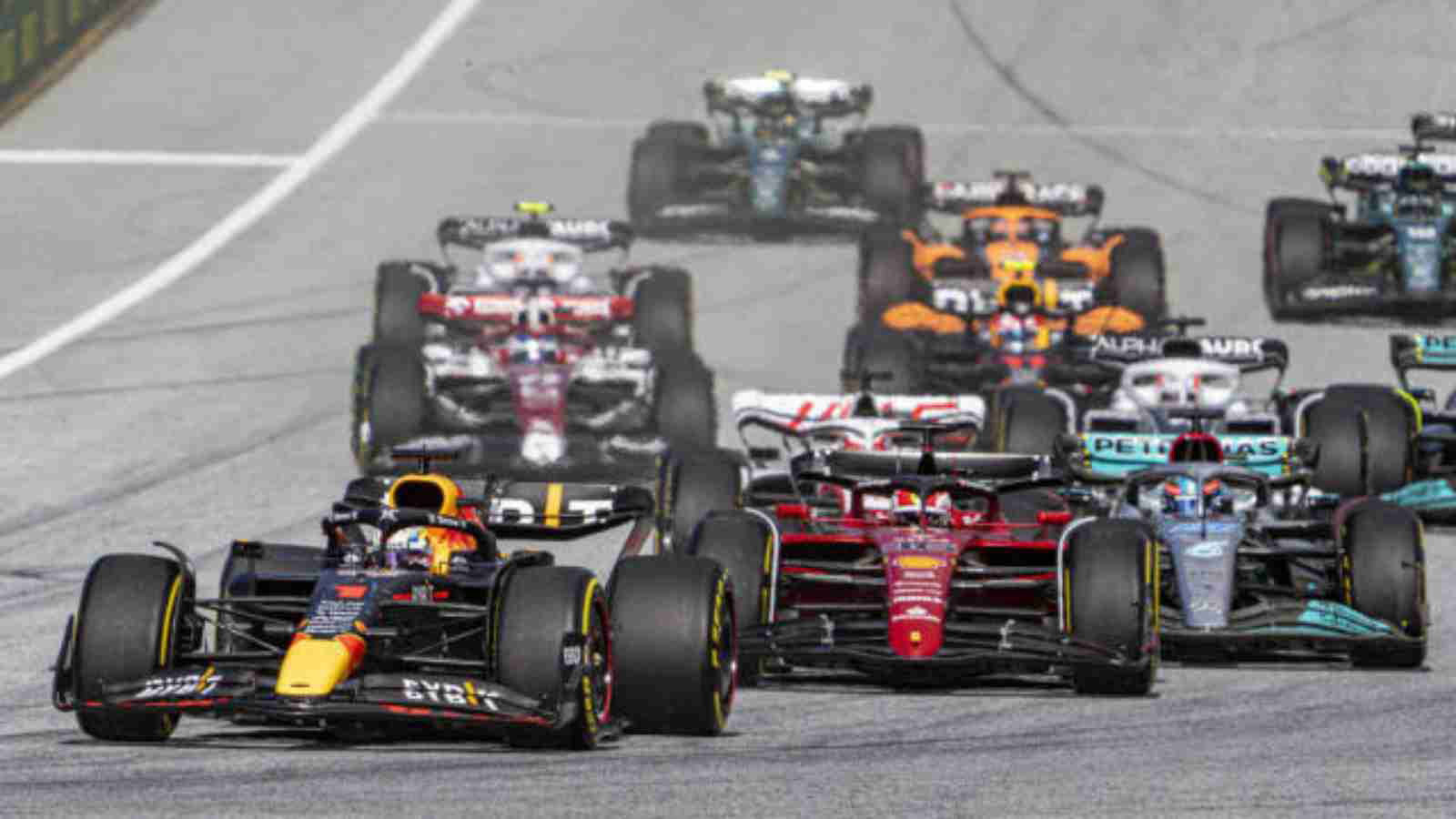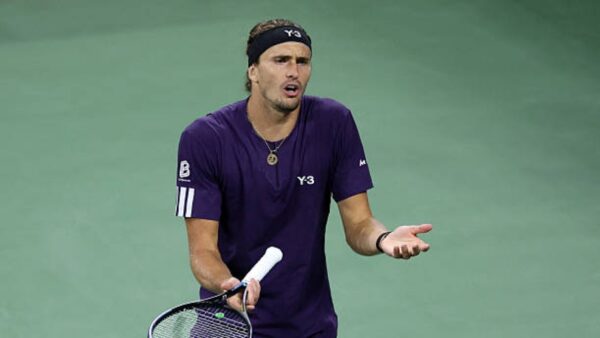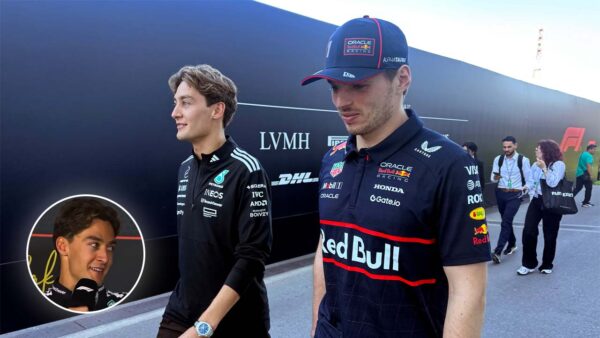FIA drop hints on tweaks in the engine regulations for Formula 1 2026

Formula One
🔍 Explore this post with:
Formula 1 is undergoing some major changes in recent years, and the authoritative body behind the sport, the FIA, are the brains behind the paradigm shift. At the very beginning of the F1 2022 season, there were certain rule changes which were brought into effect by the FIA. And through the course of this Championship, certain issues have come to their attention, such as the immense trouble that the drivers have faced with porpoising. Now, the FIA are trying to fix porpoising and some other problems with further alterations to the existing regulations. They have confirmed that they have sent the revised rules to the World Motorsport Council for approval.
According to sources, the FIA are looking into ways to change certain rules to do away with porpoising, and as of now, they are awaiting approval from higher authority. On Monday, a spokesperson from the FIA confirmed this news. And again, some tweaks to the regulations regarding engine designs will be made for F1 2026, and those approvals are also pending. It has already been disclosed that manufacturers like Porsche and Audi might be entering the F1 game post 2025, and they will have to conform to the altered rules, if the regulations proposed by the FIA are approved.
F1 commentator points out five key changes made by the FIA in the new engine regulations

Formula 1 involves vast technicalities and if those are not given proper attention, issues like porpoising can arise and hamper the overall racing performances of all the drivers. While some teams have found solutions to get past porpoising, teams like Mercedes were not able to do so, and thus their racers have suffered the most because of it. Dutch Formula 1 commentator Olav Mol commented on the changed rules proposed by the FIA on his Twitter wall. In his opinion, there are five key points in the new regulations that require attention.
The foremost point is that FIA is going ahead with the idea of putting a budget cap on engines, except the new manufacturers who are expected to enter the scene. The new entrants will get financial exemptions. This is being done because the engines would not have any major key changes, so the existing manufacturers will be able to incorporate points that they have already learnt from the previous sessions, but the new entrants will have to make engines from the scratch and that will take more money.
Do follow us on: Google News | Facebook | Instagram | Twitter







